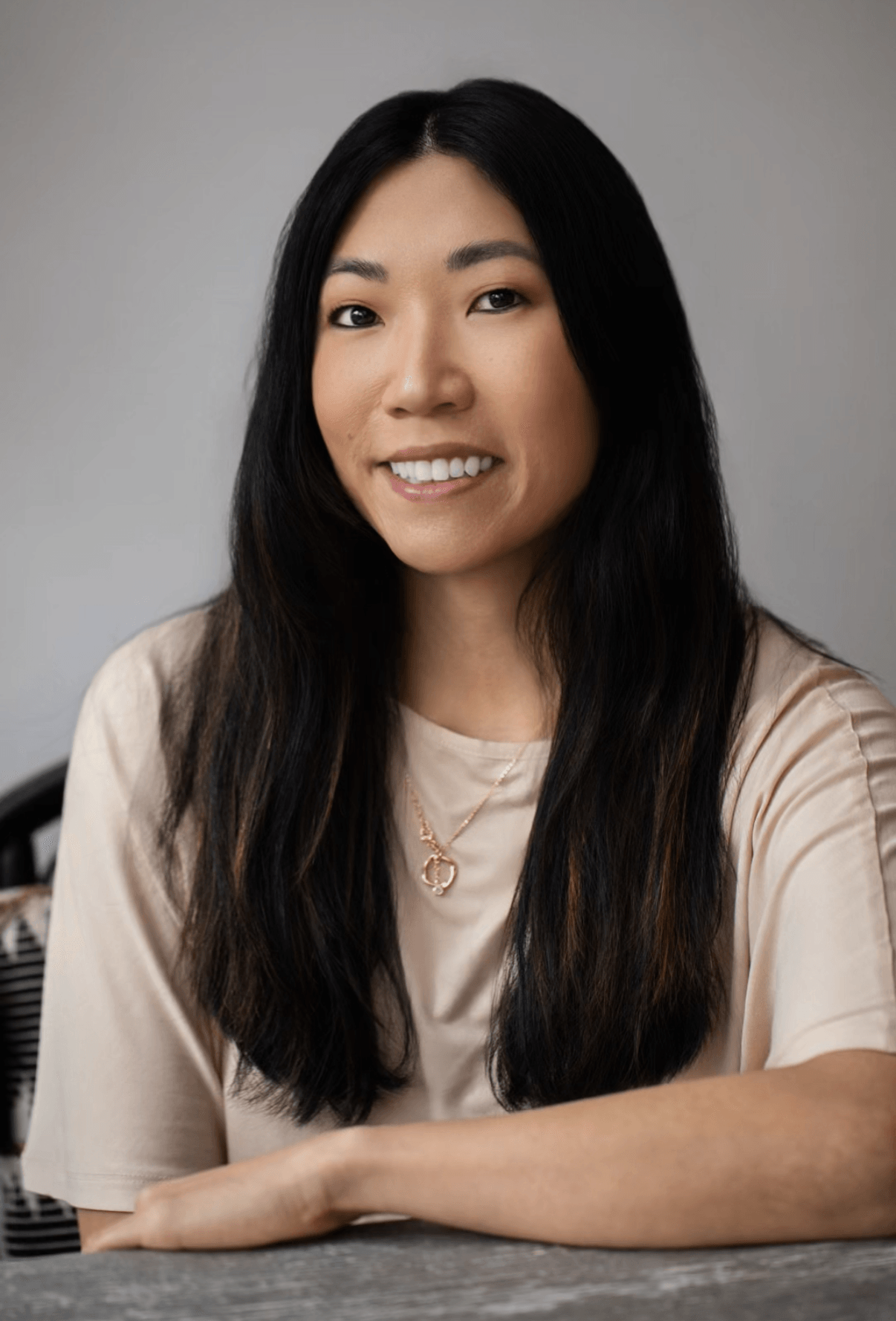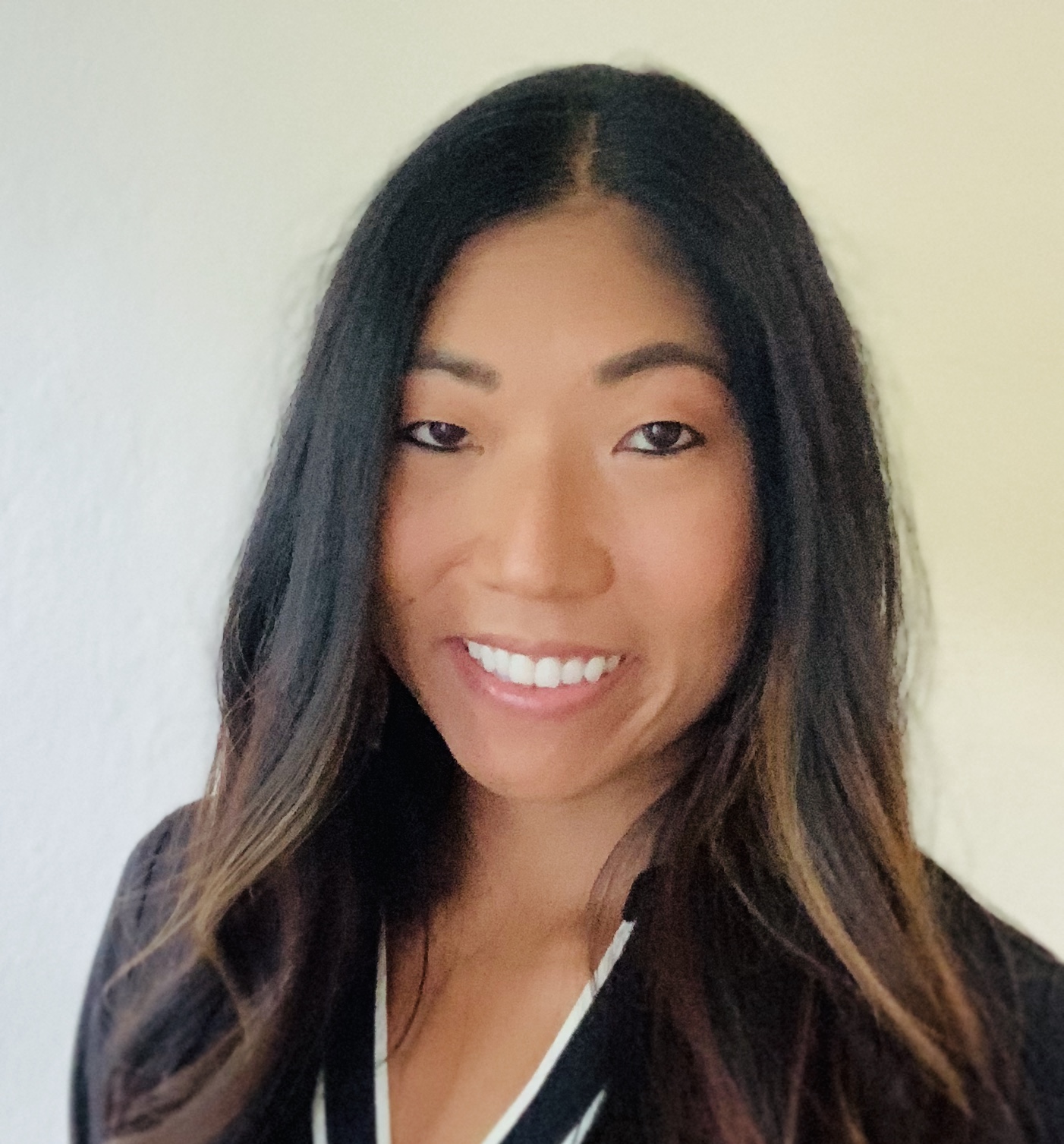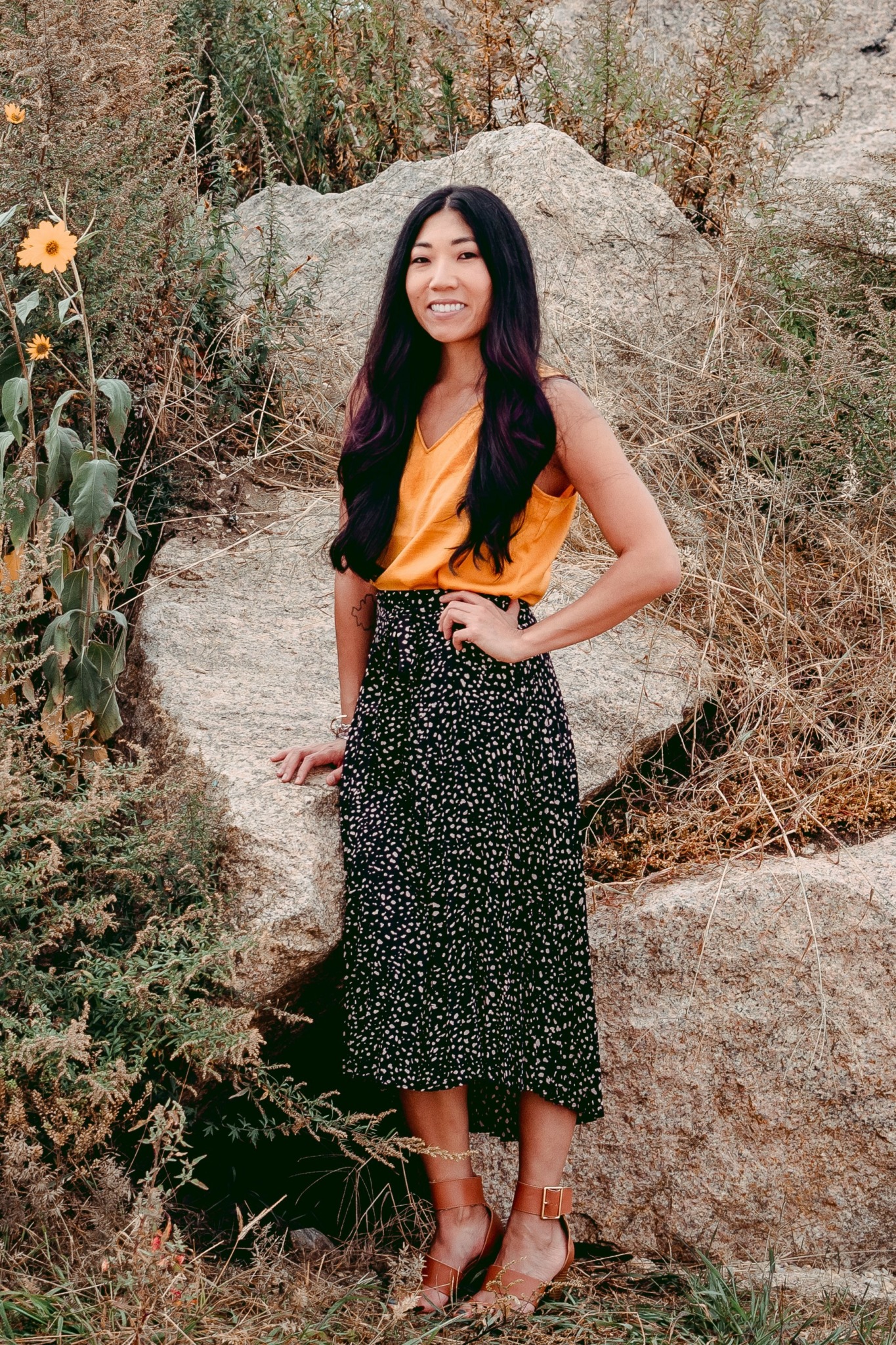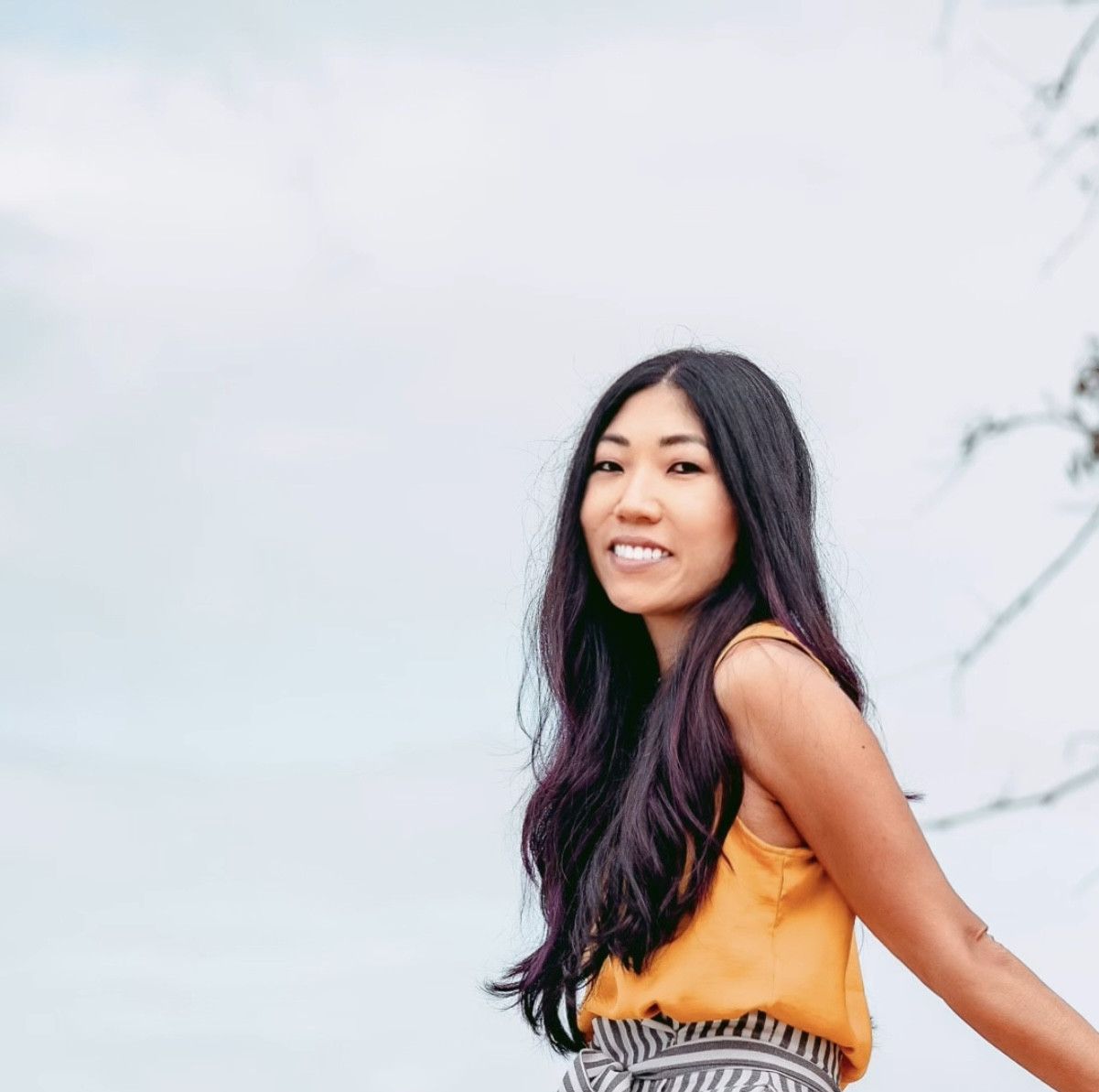We recently connected with Janine O’Brien and have shared our conversation below.
Hi Janine, thanks for joining us today. Can you open up about a risk you’ve taken – what it was like taking that risk, why you took the risk and how it turned out?
So, I grew up in a world that didn’t leave much room for risk. The path was laid out clearly and early (through explicit and implicit messages): go to school, get good grades, go to college, get a stable 9-to-5, get married, have kids. For many people, that’s a fulfilling and beautiful life. But even as a kid, I had a quiet sense that it might not be mine.
However, I followed the expected script for a long time. As a former people-pleaser, I became skilled at doing what was expected of me, even when it didn’t quite fit. I worried constantly about what others might think, how I’d be perceived, what would happen if I failed or looked foolish. Those questions kept me in a cycle of settling, all while feeling an undercurrent of dissatisfaction and unhappiness I couldn’t ignore.
After finishing my doctoral program, I took the first job I was offered. It felt safe and predictable. But I knew almost immediately that it wasn’t going to be sustainable. Around the same time, I made the incredibly difficult decision to leave my marriage. It wasn’t a bad relationship…there was care and mutual respect, but we both knew, deep down, that it wasn’t the right fit for the life we wanted. That was the first time I truly acted on my inner knowing, even when it didn’t make logical sense to everyone else. It was painful, but it showed me that I could trust myself and that I’d be okay on the other side of a hard choice.
When the pandemic hit, I started planning every free moment I had for something I had been dreaming of: taking the risk of starting my own private practice. I researched, budgeted, consumed a lot of coffee, and mapped things out. Eventually, I picked a date to give my notice at the job that had become increasingly toxic. I didn’t tell a single person until after I had handed in my resignation. I needed that choice to be mine alone.
When I did finally share the news, the reactions were mixed. People were concerned. How would I support myself? How could I walk away from a steady paycheck and benefits, especially in the middle of a global crisis? What was my plan? But I’d already made peace with the fact that their fears were not mine to carry. I had taken enough steps to know I could bet on myself and land on my feet, even if there were hurdles along the way.
Since then, I’ve built my practice from the ground up. It hasn’t always been easy, but every challenge has deepened my belief that taking a risk doesn’t mean being reckless. it means being willing to choose and bet on yourself, even when the path is uncertain. I’ve learned that it’s okay and sometime necessary to choose a different life than the one others may have imagined for you. Not because theirs is wrong and yours is right, but because it’s yours. And that’s enough.
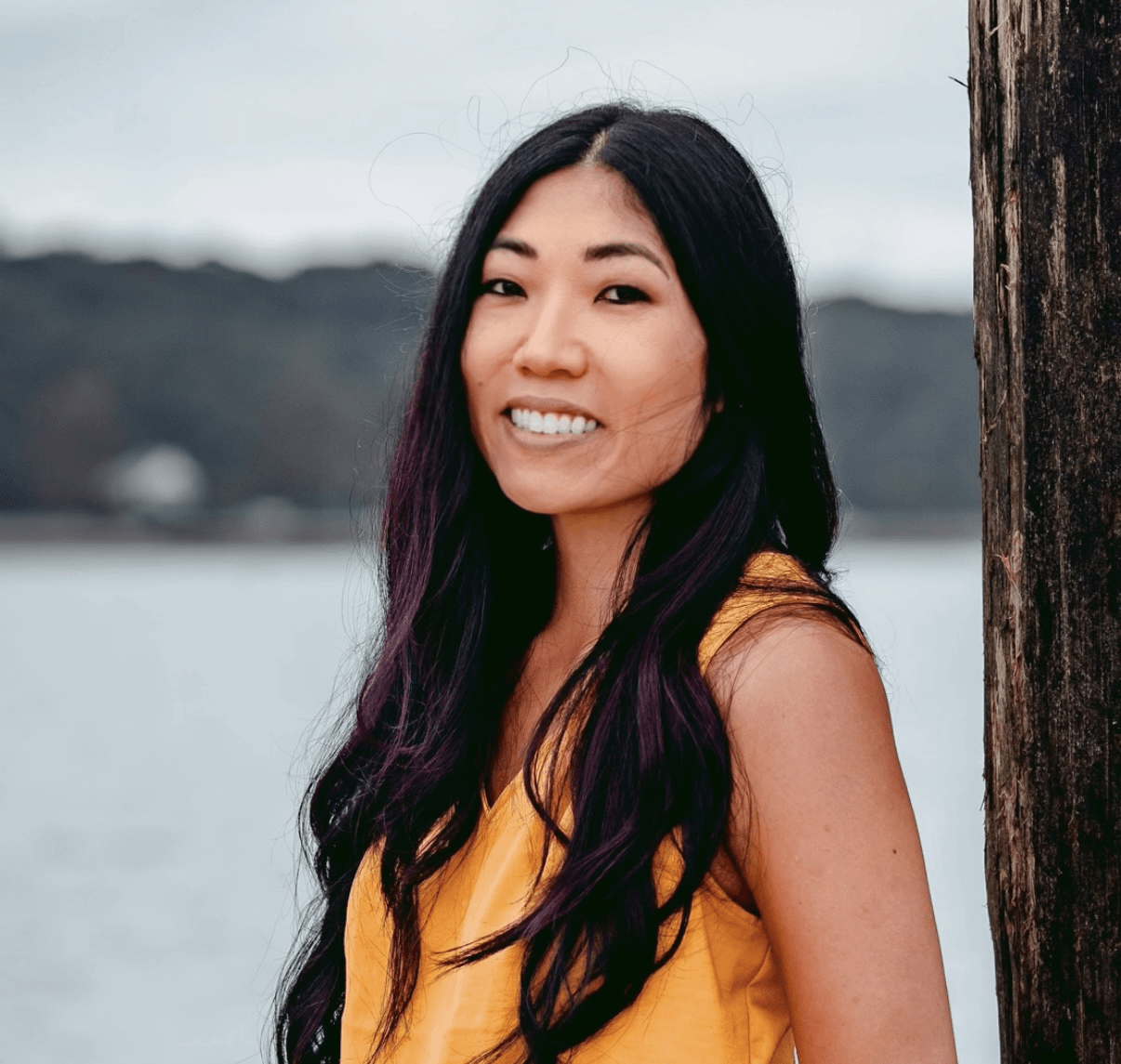
Great, appreciate you sharing that with us. Before we ask you to share more of your insights, can you take a moment to introduce yourself and how you got to where you are today to our readers.
I’m a licensed clinical psychologist and relationship and attachment expert, and I’d like to say that my path into this field began long before I was even really conscious of it. I was adopted at a young age, and that early experience profoundly shaped the way I see the world. It sparked a deep curiosity about attachment; how our earliest relationships with early attachment figures shape the way we connect with others, relate to ourselves, and move through the world as adults. Another defining part of my journey was my own experience with mental health. I was first introduced to therapy around age 14 or 15, and I’ll be honest, I was incredibly resistant. At the time, I didn’t believe it was helpful. But even in my resistance, something stuck. Over the years, I found that certain moments from those early sessions would resurface and serve to guide me. That growing awareness, paired with my personal history and identity, eventually evolved into a passion for exploring how attachment, identity, and mental health intersect.
In my private practice, I primarily work with millennial women navigating anxiety, people-pleasing, relationship challenges, tricky family dynamics, modern dating and the wounds of attachment and relational trauma. Many of my clients are also trying to make sense of their experiences while unlearning internalized messages shaped by systems like the patriarchy, white supremacy, heteronormativity, colonialism, ableism, and other forms of systemic oppression. I take a relational, trauma-informed, and culturally responsive approach, integrating attachment theory, parts work, and somatic awareness, while also drawing from CBT and ACT depending on each client’s goals.
In the past year, I’ve also stepped into the world of content creation, which has honestly been really fulfilling and fun. It’s allowed me to connect with a wider audience, share insights outside the traditional “four walls” of the therapy room, and tap back into my creative side. I’ve loved building a community online that’s grounded in authenticity and shared growth.
Right now, I’m developing a course that blends self-paced learning, group coaching, and community support. It’s designed for people who lean more insecure in their attachment style and want to move toward greater security in dating and relationships. What I’m most excited about is that it won’t just focus on the “what to do” in relationships, but will help people understand the internal, nervous system-level shifts that need to happen for true change to take root. I believe strongly in making mental health support more accessible and holistic, especially for those who may not be able to access traditional weekly therapy.
What sets me apart in this work is the combination of my lived experience, my training, and the way I show up. I lead with compassion and curiosity, and I’m not afraid to challenge clients when I see patterns keeping them stuck, but I always do so with care, thoughtfulness, and compassion. I show up as my real self, not a blank slate. I often describe myself as an “outgoing introvert.” I love connecting with people, but I’m also someone who tends to listen more than I speak. I take up space intentionally but am also not afraid to lean back. I try to bring that energy to my work and my content…reminding folks that you don’t have to be the loudest or flashiest to take up space. There’s room for the quieter, more grounded voices too. I want people to know that you can show up just as you are.
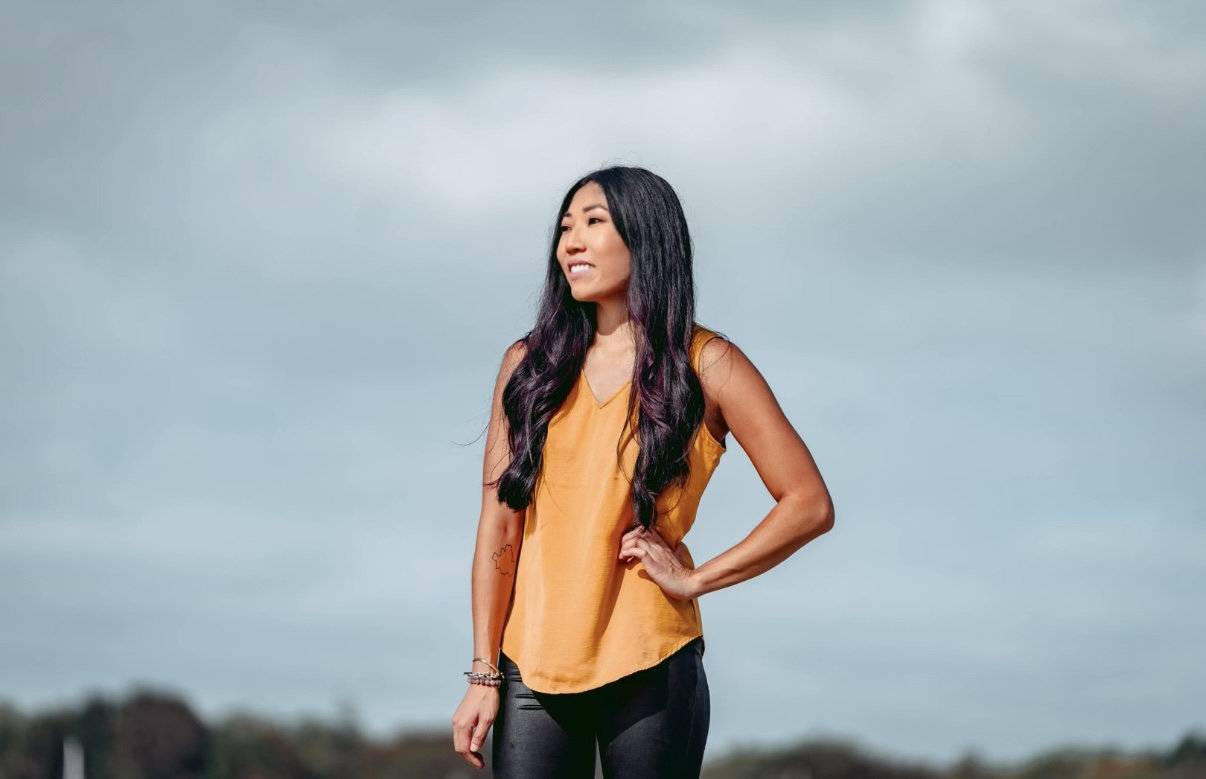
Any advice for growing your clientele? What’s been most effective for you?
First, I want to name and validate something for other therapists: many of us were not trained to be business owners. In fact, many of us were actively discouraged from pursuing private practice during grad school. I say that because I, like many others, truly started from square one when I made the decision to step into private practice and business ownership.
That said, through trial, error, and gathering data along the way, I’ve found a few strategies to be particularly effective in growing my caseload.
One key strategy has been building an online presence in a few different ways. This includes being listed on select therapist directories, having a clear and welcoming website that’s SEO-optimized (which I’m still learning about but have quickly become really interested in), making it easy for people to contact me or book a consultation, and showing up on social media. I completely understand that social media isn’t for everyone, but for me, it’s helped clients not only find me but get a sense of me, which can ease some of the anxiety around starting therapy and support them in deciding whether we might be a good fit.
Another approach that’s been incredibly valuable is community networking. When I first opened my practice (right in the middle of the pandemic) I spent a ton of time reaching out to other providers for virtual coffee chats, and eventually, in-person meetings. Connecting with fellow therapists and folks in complementary fields has helped me build referral relationships, feel less isolated, and create a sense of community in what can sometimes be a very solitary profession.
I also want to say that there are definitely ebbs and flows when it comes to what strategies are “working” at any given time. And having internal systems in place to tolerate those dips has been just as important as any external strategy. For me, that’s looked like not spiraling into panic during slower periods, and instead grounding myself in the reminder that this is simply part of business…and that it has been, and will be, okay. That mindset shift has allowed me to stay steady, to pivot when needed, and to ask for help when I need it…skills that are just as critical to long-term success as marketing or networking.
Lastly, I think it’s essential to check in with yourself about what feels authentic and sustainable for you. There are seasons when I don’t have the capacity for as much community networking, so I’ll focus more on my online presence and vice versa. What matters most is building systems that work for you, and that feel at least somewhat energizing, enjoyable, or manageable. Otherwise, it’s easy to burn out before you even begin, you know?
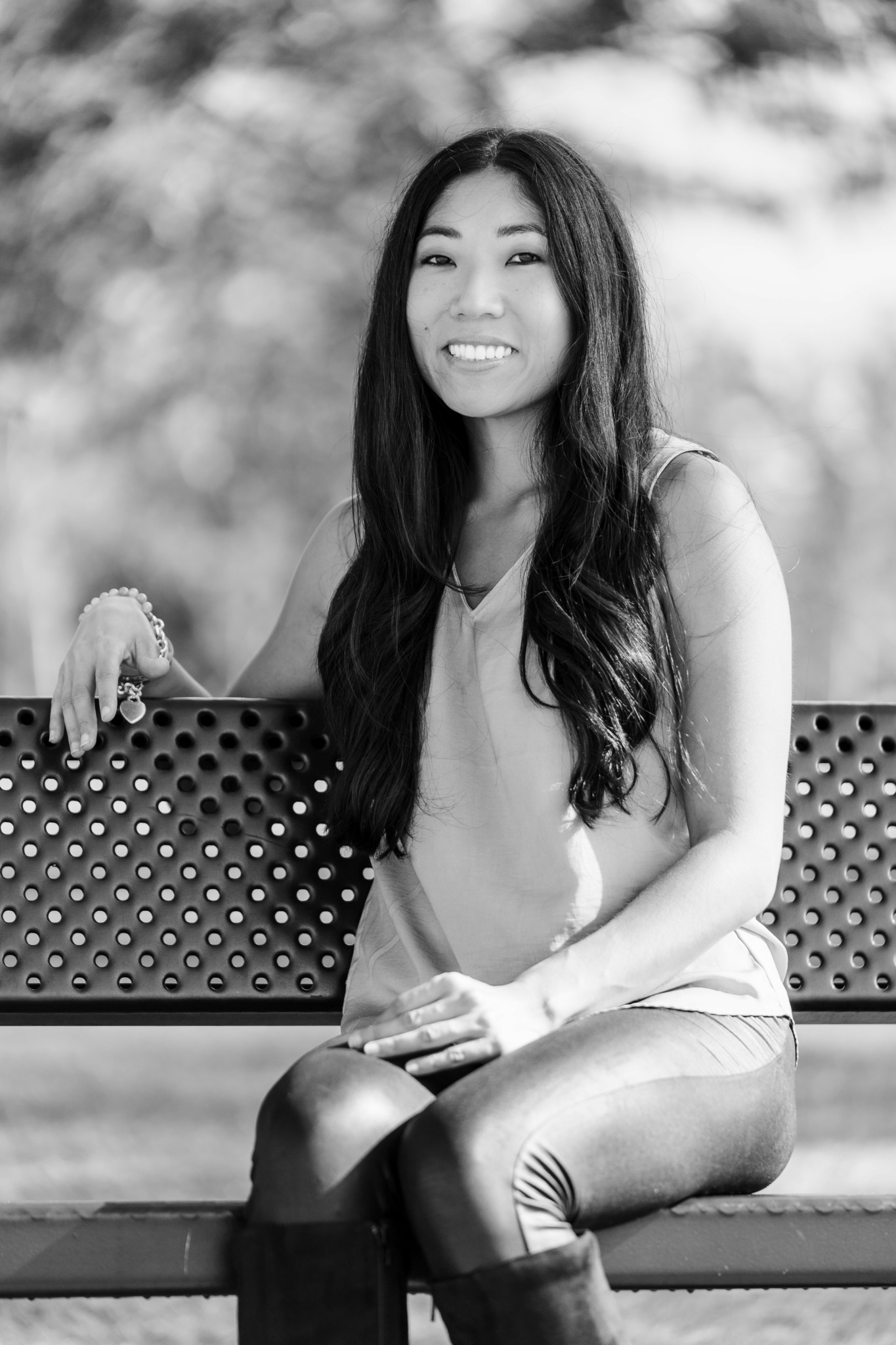
What’s a lesson you had to unlearn and what’s the backstory?
A lesson I’ve had to unlearn is the idea that you have to have everything perfectly figured out before you can begin. That you need to know every single detail of business ownership, have every document in place, and be completely polished before you’re “allowed” to start.
We’re sold this idea early on that success looks like perfection, and that you only earn the right to begin once you’ve checked every box. And while I think the narrative is shifting, especially for younger generations, there’s still a lot of messaging (especially on social media) that reinforces this pressure to present the final product or the highlight reel without showing the messy, unfiltered process it took to get there (which can often be days, months, years long).
I also grew up in an environment where being “professional” meant following very specific, often rigid rules: work a 9–5, don’t question authority, dress a certain way, don’t curse, don’t take up space…just do your job and go home. I internalized the belief that work was something you tolerate, not something that can be fulfilling or self-directed.
These are beliefs I still have to consciously challenge…noticing where they show up and actively redefining what professionalism, success, and fulfillment mean for me. I also want to name that I acknowledge that I hold certain privileges that have allowed me to step away from these systems and take risks, and not everyone has that flexibility. But even if you can’t completely change your job or circumstances right now, there are still ways to start unlearning these messages in small, meaningful ways that add up over time.
Contact Info:
- Website: https://www.drjanineobrien.com
- Instagram: https://www.instagram.com/the.magnetic.psychologist
- Linkedin: https://www.linkedin.com/in/janine-o-brien-psy-d-3b83709a
